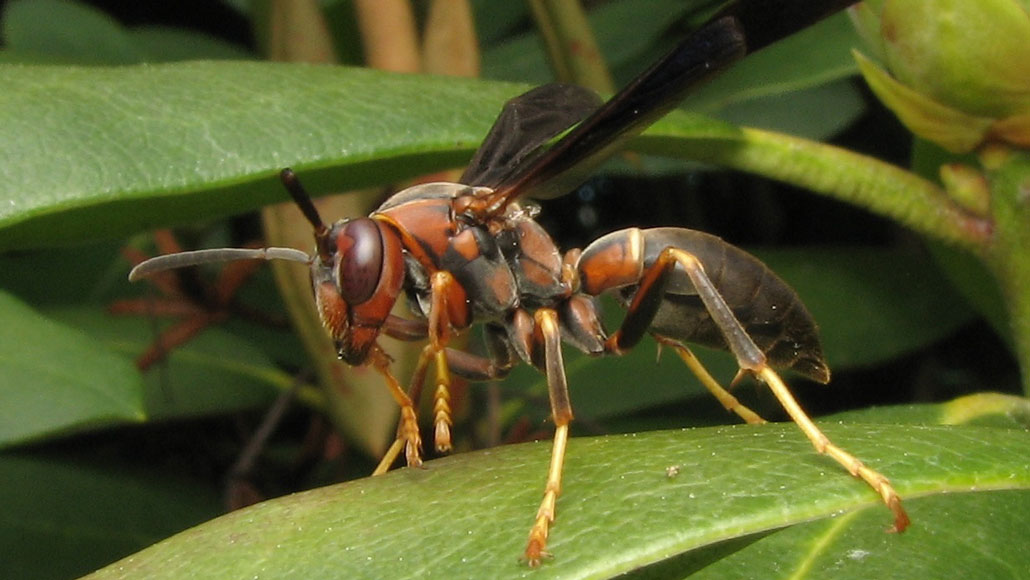
INFLUENCERS The personalities and physical traits of some paper wasp queens (Polistes metricus) may help predict if their colonies thrive or fail.
Beatriz Moisset/Wikimedia Commons (CC BY-SA 4.0)

INFLUENCERS The personalities and physical traits of some paper wasp queens (Polistes metricus) may help predict if their colonies thrive or fail.
Beatriz Moisset/Wikimedia Commons (CC BY-SA 4.0)